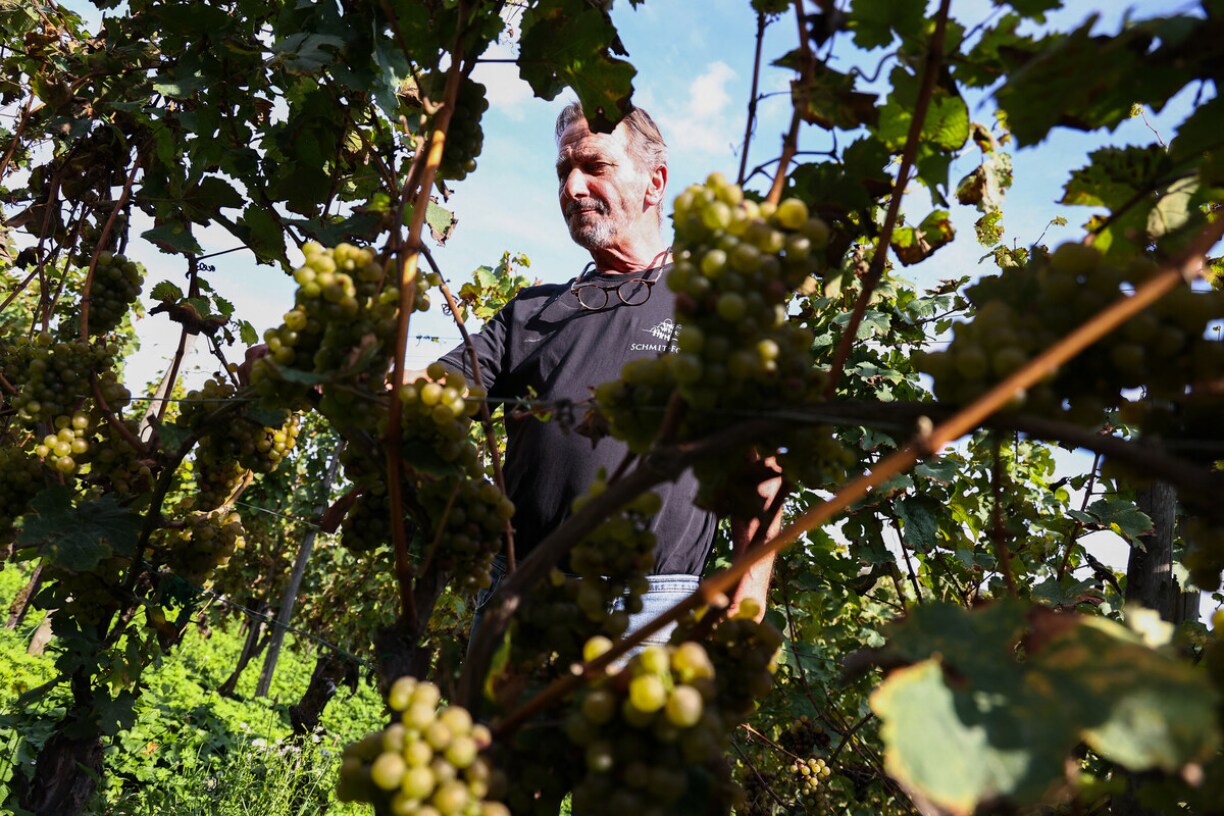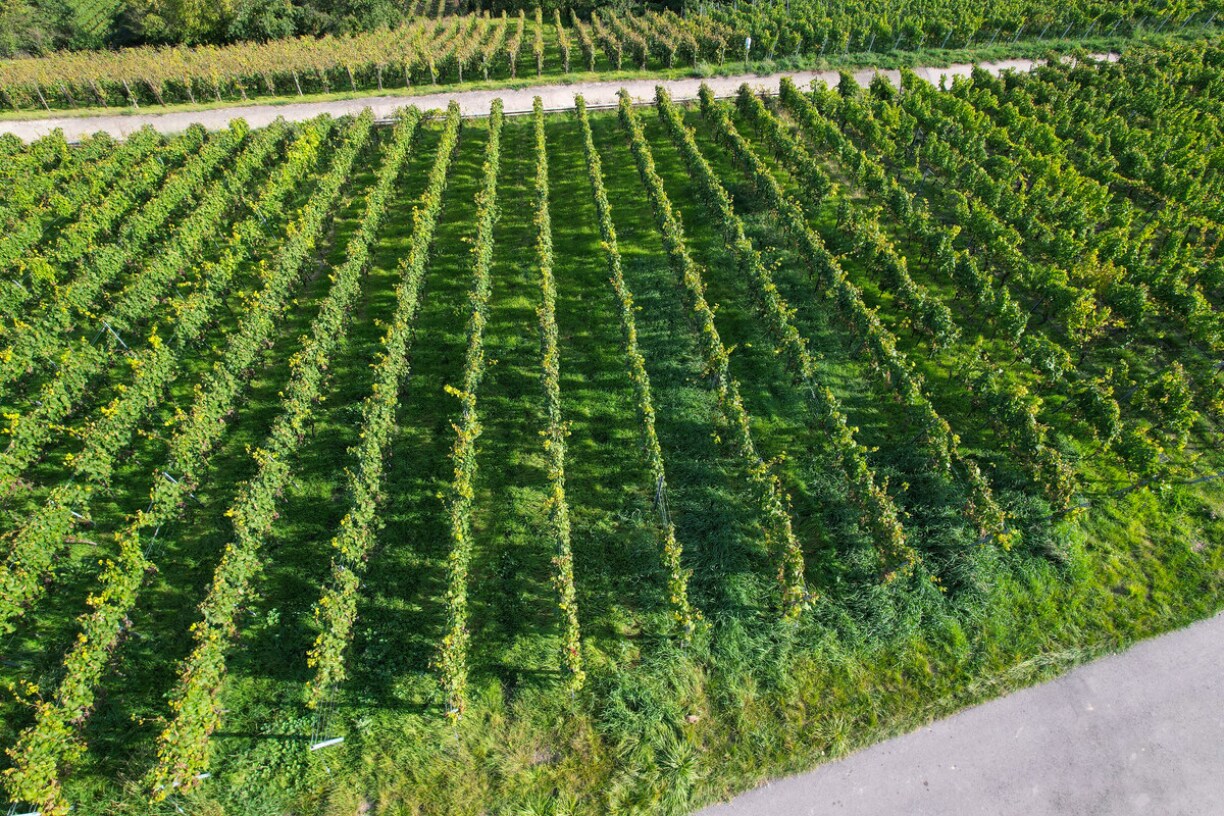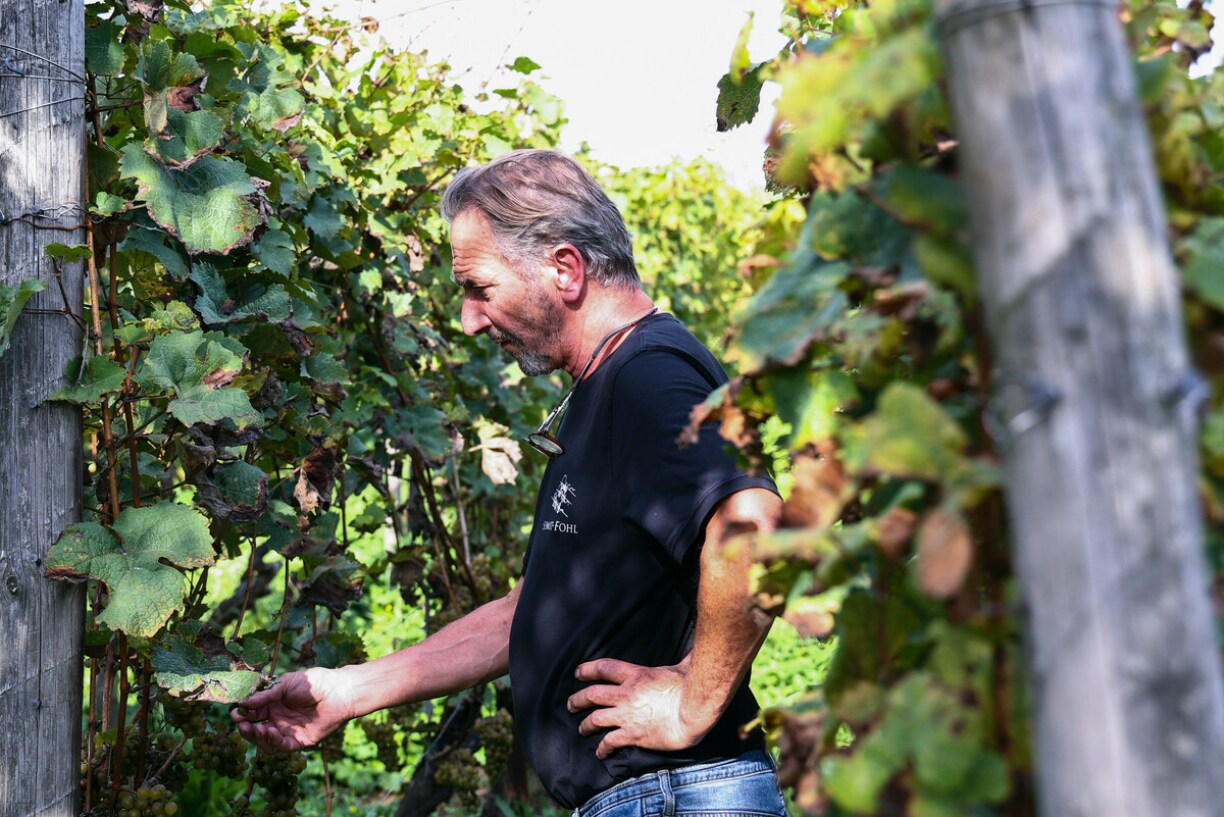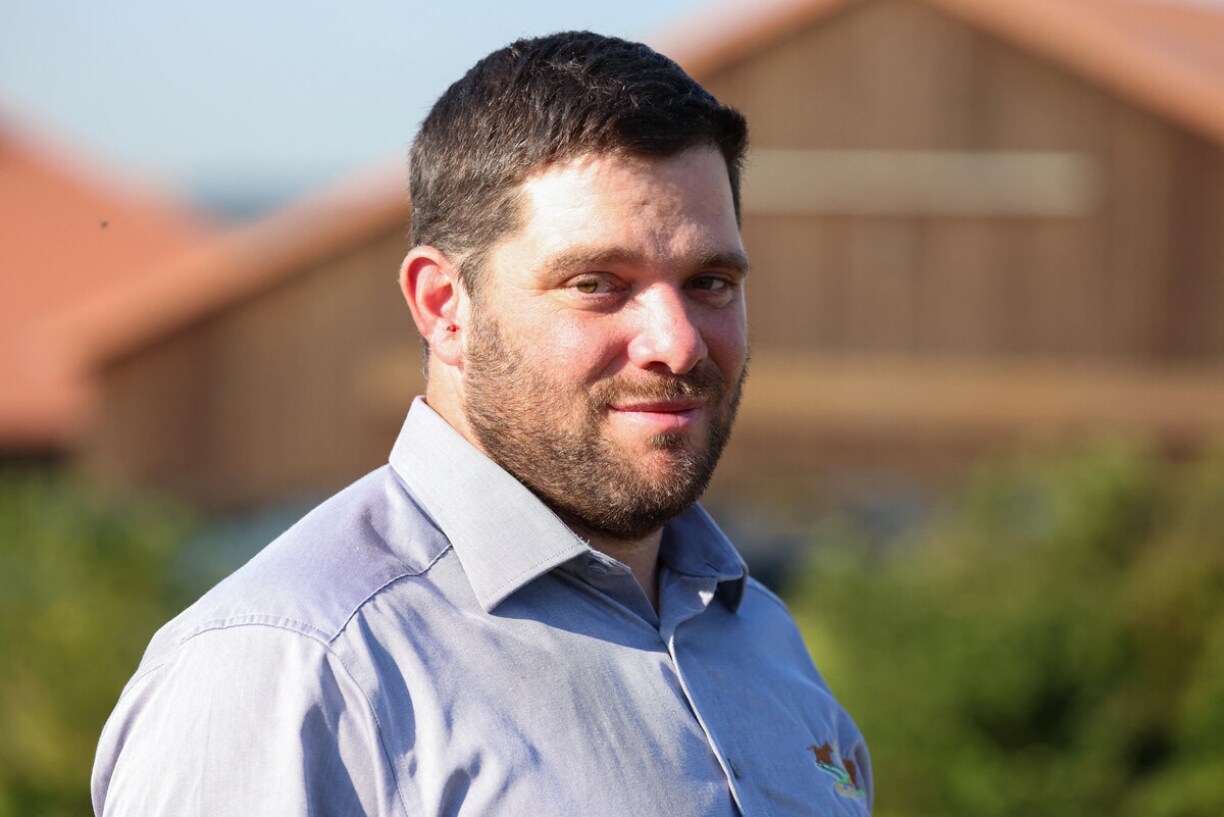
From January 2021 to April 2023, Luxembourg banned the controversial herbicide. It was the only country to take this step due to suspicions of its cancer-causing properties. On 13th October, the European Union is set to decide whether to permit its use for the next ten years.

During this period, people had to adapt to working without the chemical. Often, this meant farmers had to invest in new and relatively expensive equipment for manual work.
“The work is harder and costs more energy. To weed one hectare of vines with a tractor, it takes you four hours easily. But with glyphosate it only takes you one hour.” states Roger Demuth, a vintner in Luxembourg. “If you do not have the necessary machines it can take up to 20 hours.”, his neighbour Armand Schmit adds.
While some winemakers have resumed using the herbicide, they state that they use it as sparingly as possible.

Before the ban, Luxembourg consumed 13.6 tonnes of glyphosate annually. It’s not yet known how much of the chemical was used in 2023 since the ban was lifted, but it’s expected to be significantly lower.
In 2019, 80% of farmers in Luxembourg entered into contracts with the government, agreeing not to use glyphosate for the next five years. In exchange, they received subsidies of 30 to 100 euros per hectare.
For Christian Wester, a dairy farmer and president of a farmers’ union in France, glyphosate is less crucial in Luxembourg, where livestock farming is more common. However, the situation is different in France, where many operate cereal farms.

Wester refused to sign the contract and criticized the Luxembourgish government for banning glyphosate without providing farmers with a choice. He noted that some people have resumed using glyphosate on sloping land due to the economic challenges of finding alternatives without sufficient subsidies. Wester also highlighted that glyphosate has been in use for 50 years, and the long-term effects of potential replacements are unknown.
Luxembourg aims to reduce the use of these types of chemicals by 30% by 2025 and opposes the reauthorization of glyphosate proposed by Brussels. However, the final decision will be made by a qualified majority of the 27 Member States.